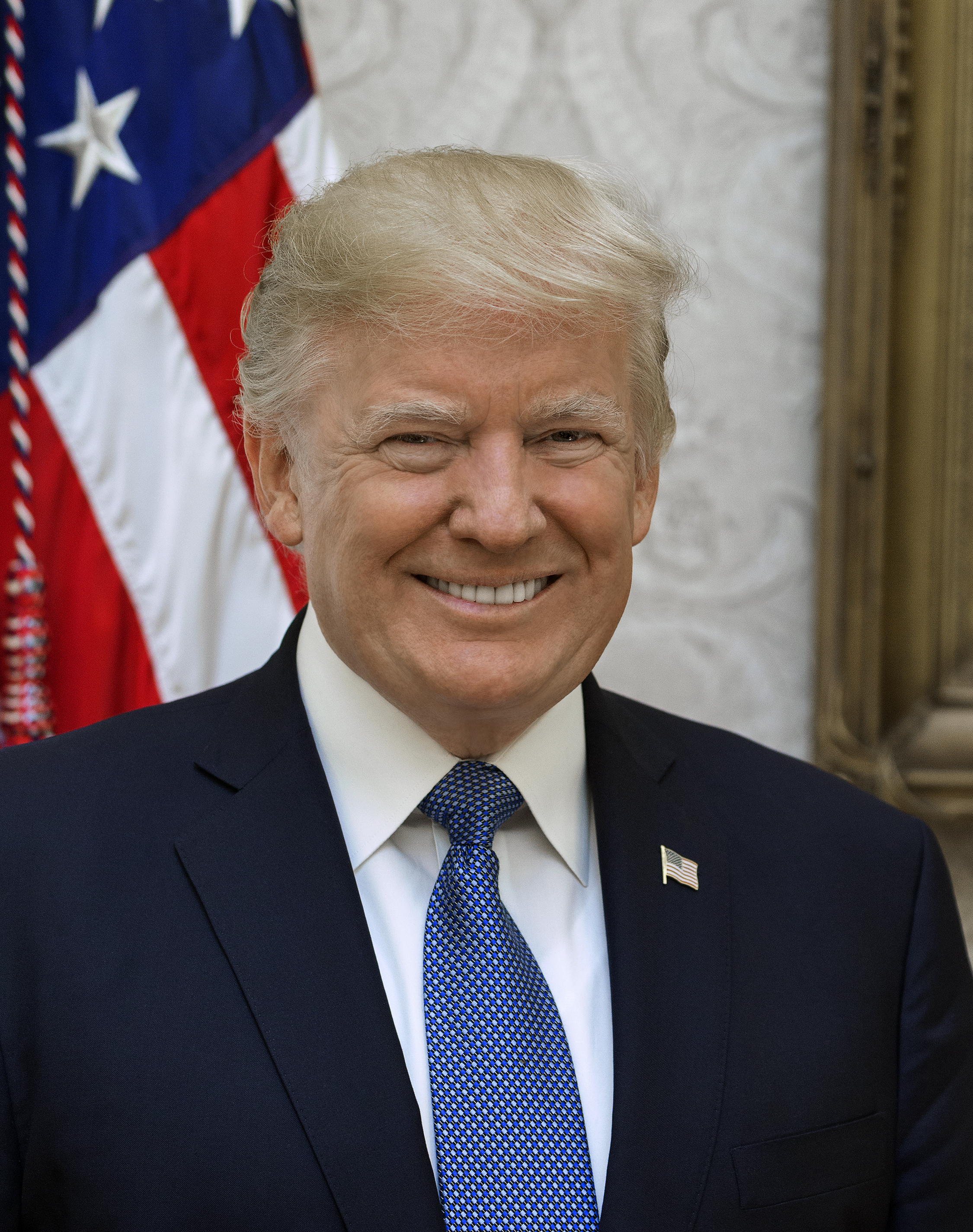

Uncertainty about tariffs is understandable. Economic theory has long warned that tariff wars tend to damage global economies, and history backs this up. During the 1930s, the Smoot-Hawley Tariff Act significantly worsened the Great Depression by raising U.S. tariffs on thousands of imports, prompting retaliatory tariffs worldwide. As a result, world trade collapsed by roughly two-thirds, and the U.S. economy saw record unemployment and hardship.
In the 1980s, President Ronald Reagan helped guide the United States out of the stagflation of the 1970s, partly by championing free trade. Reagan recognized the dangers of protectionism and instead pursued open markets, helping spur a revival of American economic strength. His leadership reinforced the belief that free trade was a critical engine for growth and prosperity.
Following that era, U.S. sentiment toward globalization continued to grow. Starting with Nixon and Kissinger's outreach to China in the early 1970s, many American leaders embraced the idea that engaging Communist countries economically would encourage political liberalization. If nations like China were brought into the global supply chain, it was hoped, exposure to capitalism would lead them to adopt freer, more open societies.
While this was a noble goal, it failed to fully account for the massive differences between the geopolitical realities of the late 20th century and today. In 1980, China's population exceeded one billion, but its economy was still relatively tiny, with a GDP of less than $200 billion. Even by 1989, after years of Deng Xiaoping's market reforms, China's GDP was under $400 billion. When China joined the World Trade Organization in 2001, its GDP had grown to $1.4 trillion - still far smaller than today's economic giant.
In the meantime, U.S. companies eagerly pursued what BlackRock CEO Larry Fink recently described as an era of "consumerism" - an economic strategy centered on sourcing goods from low-cost, high-quality foreign manufacturing hubs. This model helped fuel consumer demand at home but came at a significant cost. It led to the decimation of many U.S. manufacturing centers and contributed to the meteoric rise of China's GDP, which now stands at around $17 trillion. It also placed the U.S. and other western nations in nationally insecure dependencies on China for certain strategic goods.
What many in the West failed to realize is that the "north star" of any society is its political philosophy - something far harder to change than economic habits. Despite integrating into global markets, China has remained deeply rooted in Communist ideology. While engagement with capitalism made China economically stronger, it did little to transform its political system. Instead, China used its new economic power to advance its own model, seen in initiatives like the Belt and Road project, its hardline stances toward Hong Kong and Taiwan, and its control over domestic businesses and citizens.
Given these facts, it's clear that the strategy of changing Chinese society through economic engagement has not succeeded. The realities of 2024 are vastly different from those of 1980. Hoping that exposure to capitalism alone would reform China's political system now seems naive.
Today, we find ourselves in a philosophical war - a clash between fundamentally different worldviews. Historically, such deep conflicts have often led to tragic military confrontations. However, President Trump's approach offers a bold and peaceful alternative. Recognizing that tariffs are not ideal in normal times, he uses them not as a reckless first strike, but as a measured retaliation against China's unfair trade practices. Despite his reputation for boldness, President Trump's actions are rooted in a desire for fair trade, not endless conflict. He remains a supporter of free trade but understands that economic and political fairness must be defended. He's also aware that while President Xi Jingping is a devout Communist, he's facing a Chinese population that is far more educated, far more wealthy, and far more aware of global affairs than the Chinese citizens of 1988. They are in a stronger position to give President Xi reason to avoid a Tiananmen Square-like response to any opposition. In other words, it behooves President Xi to seek a peaceful resolution to the tariff conflict. In my opinion, President Trump has the skill to resolve this critical situation in a manner that will allow President Xi and ALL world leaders to maintain their dignity, and the respect of their citizens, in response to President Trump's strength, courage, and uncommon leadership.
In this light, tariffs become not a path to depression and a war of militaries, but a path to global peace and progress - a happy path indeed.
About the Author
Michael Malgeri is the founder of On Demand Whatever (ondw.com), where he writes about business, politics, parenting, and culture. After 45 years in technology, business leadership, and advocacy, Michael recently retired and enjoys sharing insights gained from a lifetime of experiences. He likes to say,
"After 45 years, spanning 18 careers, I've made so many friends and had so little tears."
If you'd like to teach your kids about Capitalism with short, fun fictions, visit Kids4biz.com and check out the "Johnny Profit" series.